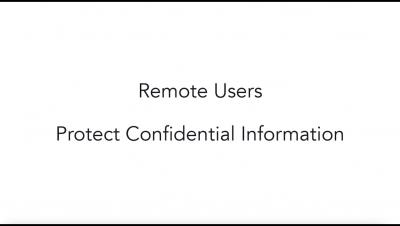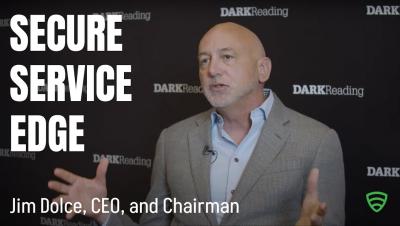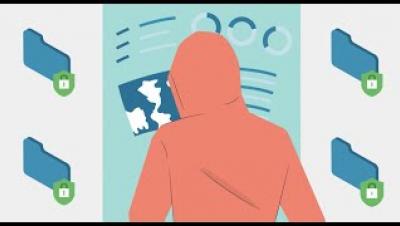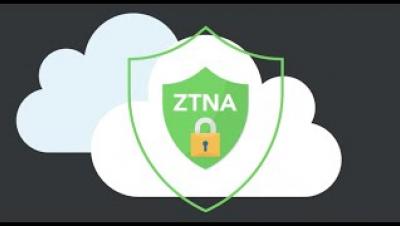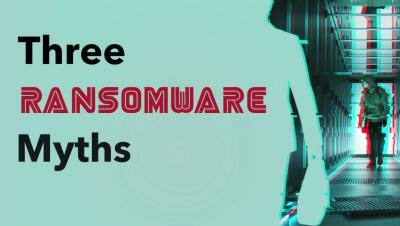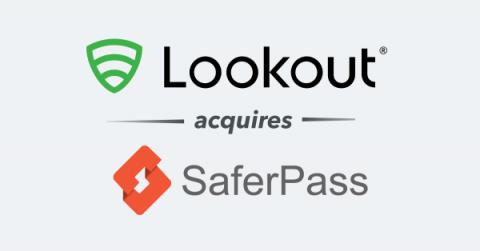Security | Threat Detection | Cyberattacks | DevSecOps | Compliance
June 2022
Remote Users - Protection from Internet-Based Threats
Remote Users - Protect Data within Managed Apps
Remote Users - ZTNA to Private Enterprise Apps
SSE: Mitigating the Risks in Moving Data to the Cloud w/ Jim Dolce, Chairman & CEO at Lookout
Lookout Powers VMware Workspace ONE Mobile Threat Defense (MTD)
Lookout and VMware recently announced the debut of Workspace ONE Mobile Threat Defense (MTD), a new mobile security solution incorporating Lookout mobile protection technologies. Through this partnership with VMware, Lookout Mobile Endpoint Security is built in and can be activated seamlessly within Workspace ONE. This new solution is an extension of past integrations of Lookout with the Workspace ONE Trust Network.
SSE: Mitigating the Risks in Moving Data to the Cloud w/ Jim Dolce, Chairman & CEO at Lookout
Lookout Uncovers Hermit Spyware Deployed in Kazakhstan
Lookout Threat Lab researchers have uncovered enterprise-grade Android surveillanceware used by the government of Kazakhstan within its borders. While we’ve been following this threat for a while using Lookout Endpoint Detection and Response (EDR) these latest samples were detected in April 2022, four months after nation-wide protests against government policies were violently suppressed.
How Lookout Prevents Ransomware Attacks | Lookout
Three Lessons from the Confluence Server Vulnerability (CVE-2022-26134)
Recently, Atlassian issued a major security notice to all of its users about a critical vulnerability, identified as CVE-2022-26134, in its widely-used Confluence Server solution. The vulnerability would allow an unauthenticated malicious actor to execute arbitrary code on a Confluence Server or Data Center instance that could grant an attacker full command of the vulnerable server.
Zero Trust Network Access (ZTNA) - Cloud Security Solutions from Lookout
Three Ransomware Myths
Lookout Acquires Password Management Company SaferPass to Address the Rising Threat of Identity Theft
It’s hard to think about personal digital safety and enterprise cybersecurity without referencing passwords. This is why I’m excited that Lookout has acquired SaferPass, an innovative Password Management company that provides secure online identity solutions for both consumers and businesses of all sizes. With the rise in identity theft and threats that seek to compromise corporate applications and emails, passwords offer a critical line of defense.


